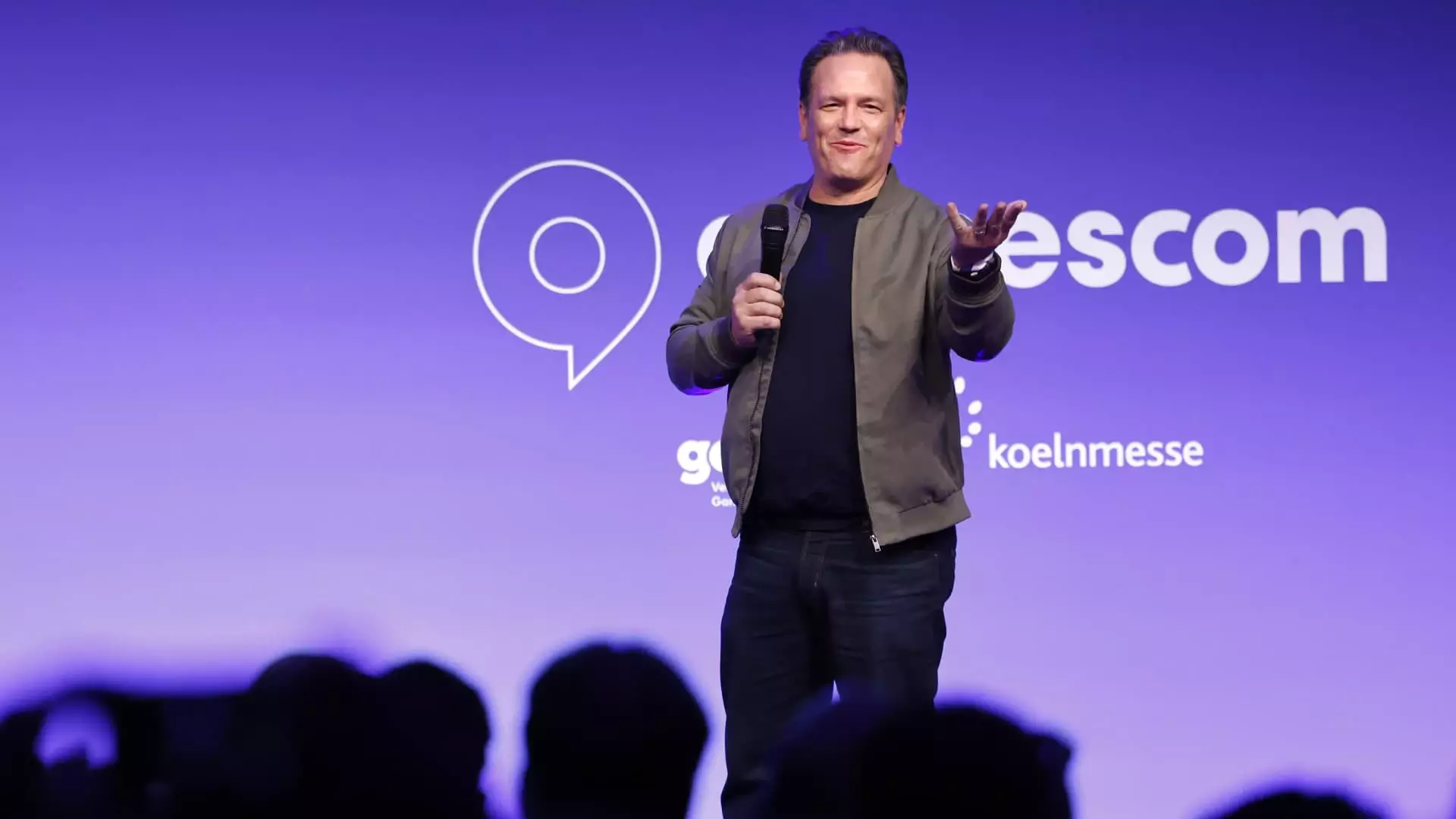In a groundbreaking development, Microsoft announced its plan to allow Android users to purchase and play video games via its Xbox app starting in November. This decision follows a recent ruling by a U.S. judge mandating Google to present alternatives to its dominant Google Play app store for Android devices. The courtroom battle against Google, spurred on by Epic Games’ successful lawsuit, is a significant moment in the ongoing saga of digital marketplaces, as it opens the door for more competition and consumer choice in mobile gaming.
Sarah Bond, the president of Xbox, highlighted in a post that this shift will give gamers “more choice and flexibility.” What makes this shift noteworthy is that Microsoft will now be able to sell games directly to consumers through the app, eliminating the need to share a portion of the revenue with Google from in-app purchases. This model not only redefines revenue streams but also exemplifies how Microsoft is leveraging legal constraints to carve out a competitive edge in mobile gaming, an area where they have historically lagged behind competitors like Google and Meta Platforms.
The significance of this transition cannot be understated. Microsoft’s intent to expand into mobile gaming reflects a strategic pivot that CEO Phil Spencer made clear during court discussions regarding the acquisition of Activision Blizzard. He recognized the necessity of capturing mobile customers for the Xbox platform’s growth. The completion of the Activision acquisition, valued at $75.4 billion, underscores Microsoft’s commitment to asserting its presence in the gaming industry across multiple platforms, especially in the mobile segment, which is increasingly vital for a future-oriented gaming strategy.
While Microsoft’s initiative is focused on Android, there are still unanswered questions regarding expansions to Apple’s iOS ecosystem. Bond did not disclose any plans for a similar rollout on iPhones or iPads, an absence that could prove pivotal given Apple’s current stranglehold on app distribution through its App Store. Meanwhile, legal actions by the U.S. Justice Department against Apple for alleged monopolistic practices suggest that change could be on the horizon, but how this will impact Microsoft’s strategy remains to be seen. The situation presents an opportunity for Microsoft to potentially lead the charge in a more open mobile gaming ecosystem, provided that legal barriers evolve in their favor.
Overall, Microsoft’s foray into direct sales through its Xbox app is emblematic of the shifting tides in mobile gaming, driven by both legal challenges and evolving consumer expectations. As the landscape transforms, competitors will need to adapt swiftly or risk being left behind. With these significant changes on the horizon, both players and industry observers will be watching how Microsoft navigates this newly opened market and what it could mean for the future of gaming on mobile devices. As barriers continue to crumble, the path toward a more diverse and equitable mobile gaming arena seems more attainable than ever.

